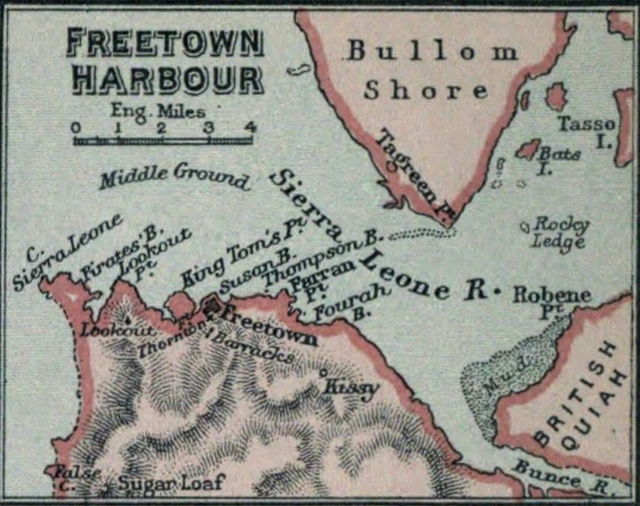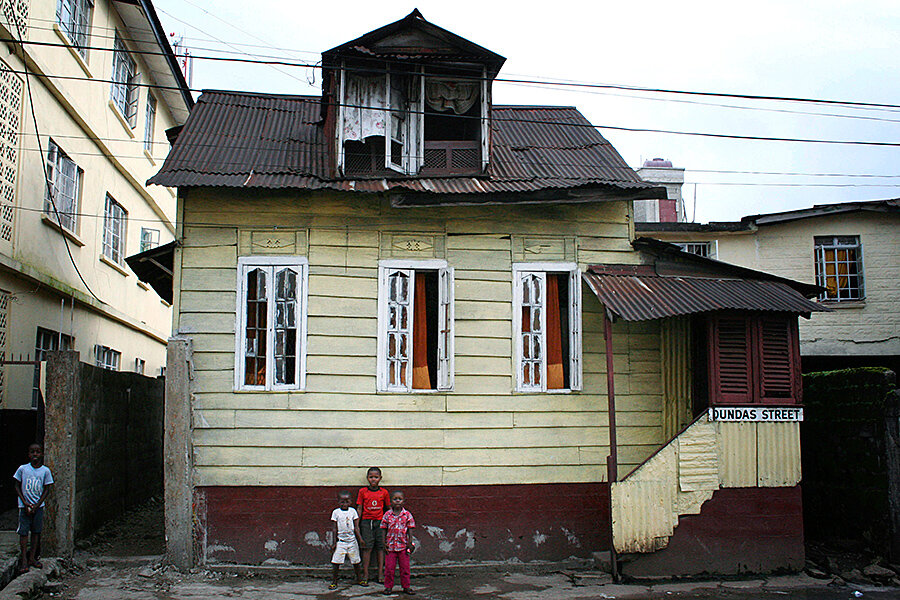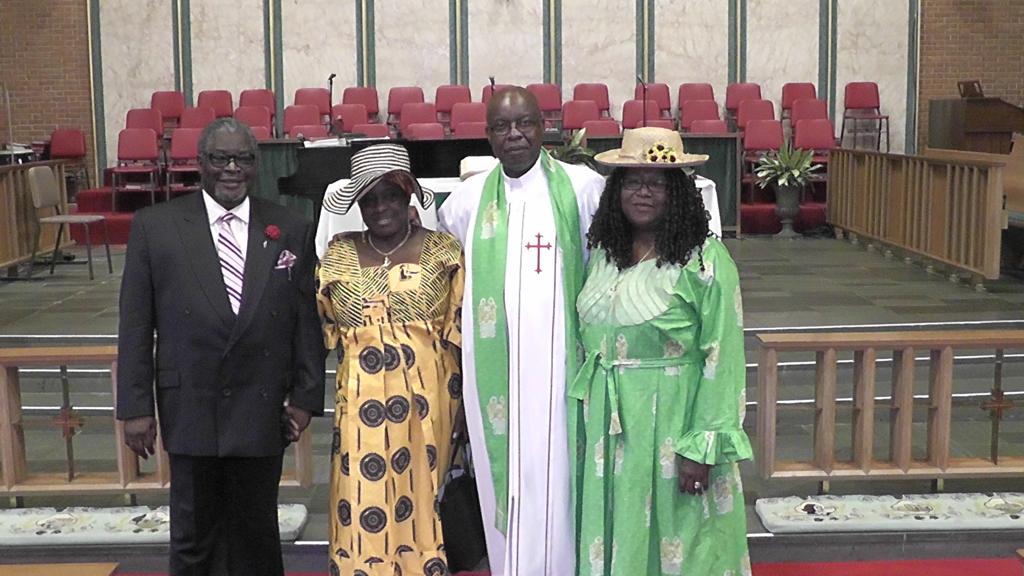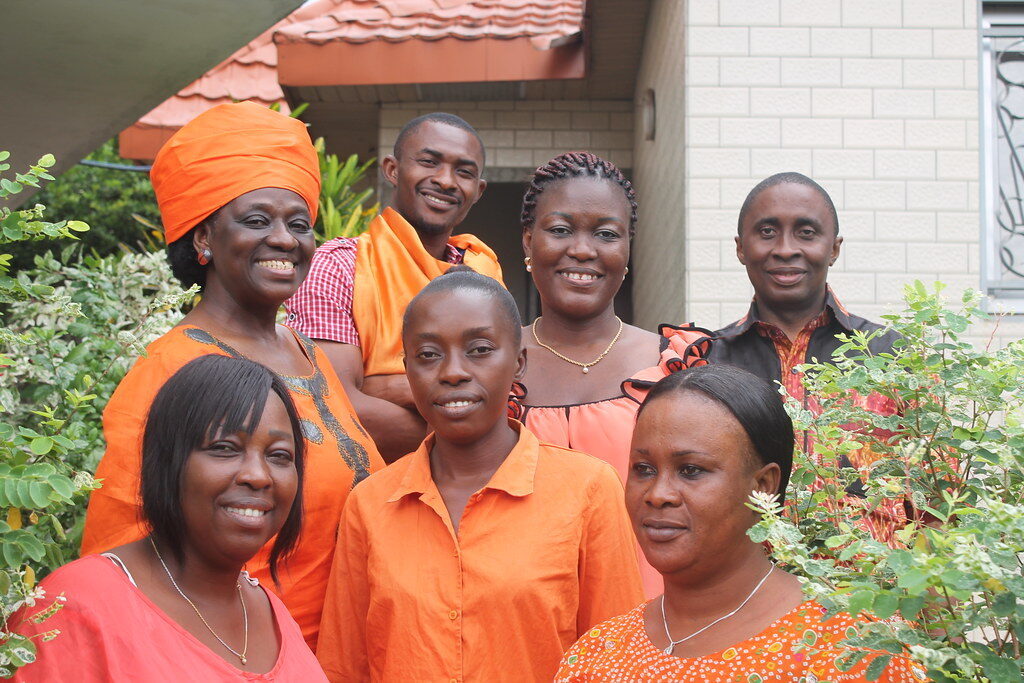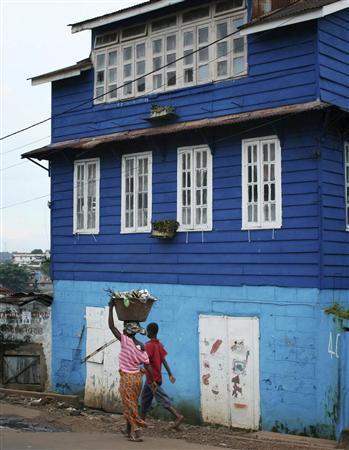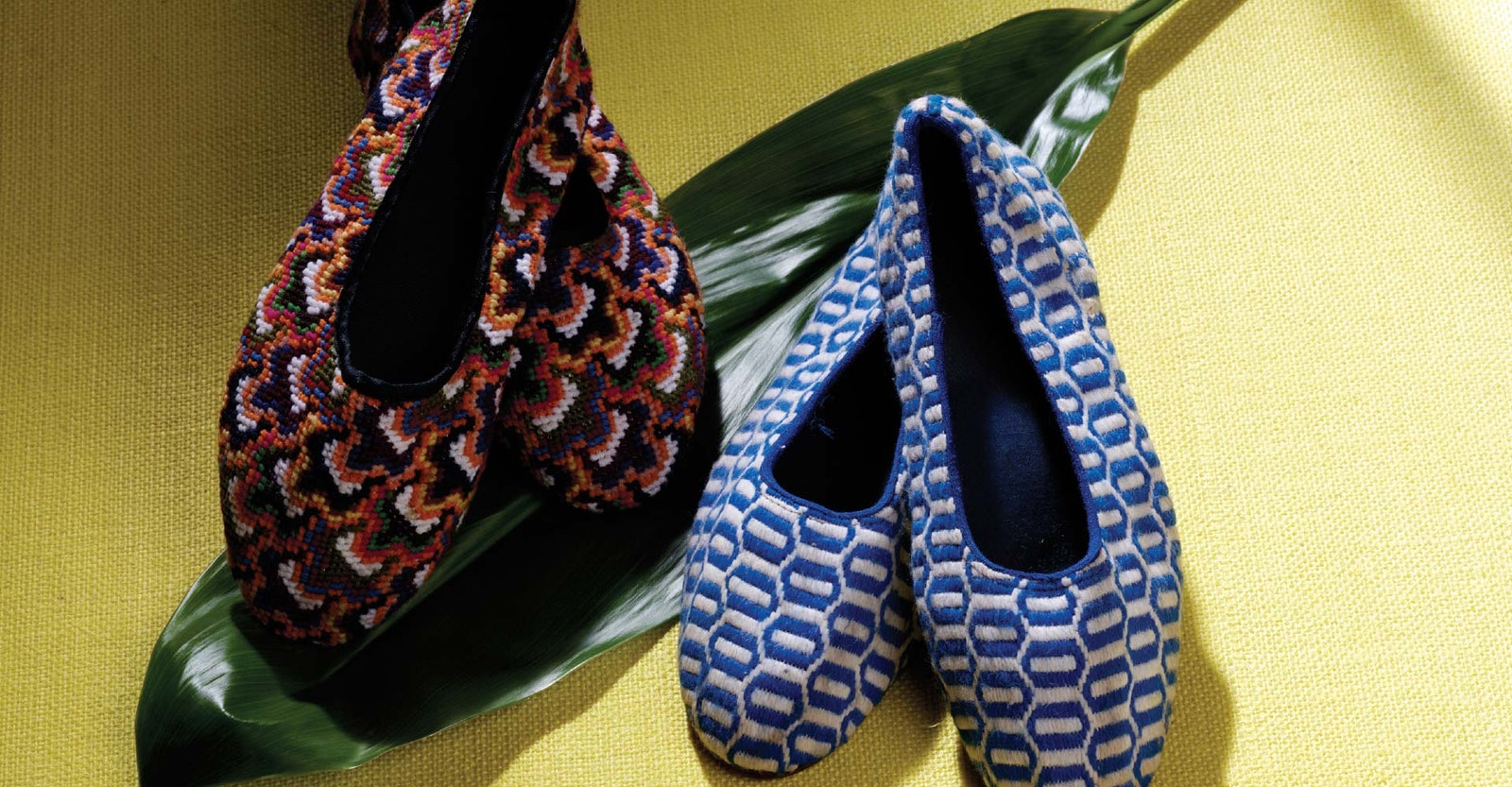Our Story
Our Story
Creole Descendant Association, Washington Metropolitan Chapter (Formally Rokel River Organization) was formed on February 7, 1982. The organization’s name was changed to Creole Descendant Association Washington Metropolitan Chapter December 8, 2011 to facilitate creole cultural and educational diversity and missions outreach in the diaspora.
Cultural heritage and facilitating resources to the less fortunate and needy are integral part of the formation of the organization. The structure of CDA Washington Metropolitan Chapter is functional in the Washington DC, Maryland and Virginia.
Our Purpose

Cultural Exchange
To provide educational and cultural exchange between the United States and the Krio People of Sierra Leone and the world.

Community
To dedicate resources and participate in improving the needs and lives of children, with a focus on health, wellness, and literacy in the underserved Freetown communities.

Social Support
To provide aid towards unforeseen circumstances such as illness and sudden death.

Improvement
To better our beloved Sierra Leone and to revitalize our historical cultural heritage especially in the Western are (Freetown and the Peninsula).
Le We Cam Togeda En Ep Wisef
"Lets Come Together and Help Ourselves"
We are descendants of Creoles who simply recognize the value of our history and the importance of maintaining the Creole culture itself.
Our History
The Sierra Leone Creole people (or Krio people) are an ethnic group in Sierra Leone. We are the descendants of freed African American, West Indian and Liberated African slaves who settled in the Western Area of Sierra Leone between 1787 and about 1885.
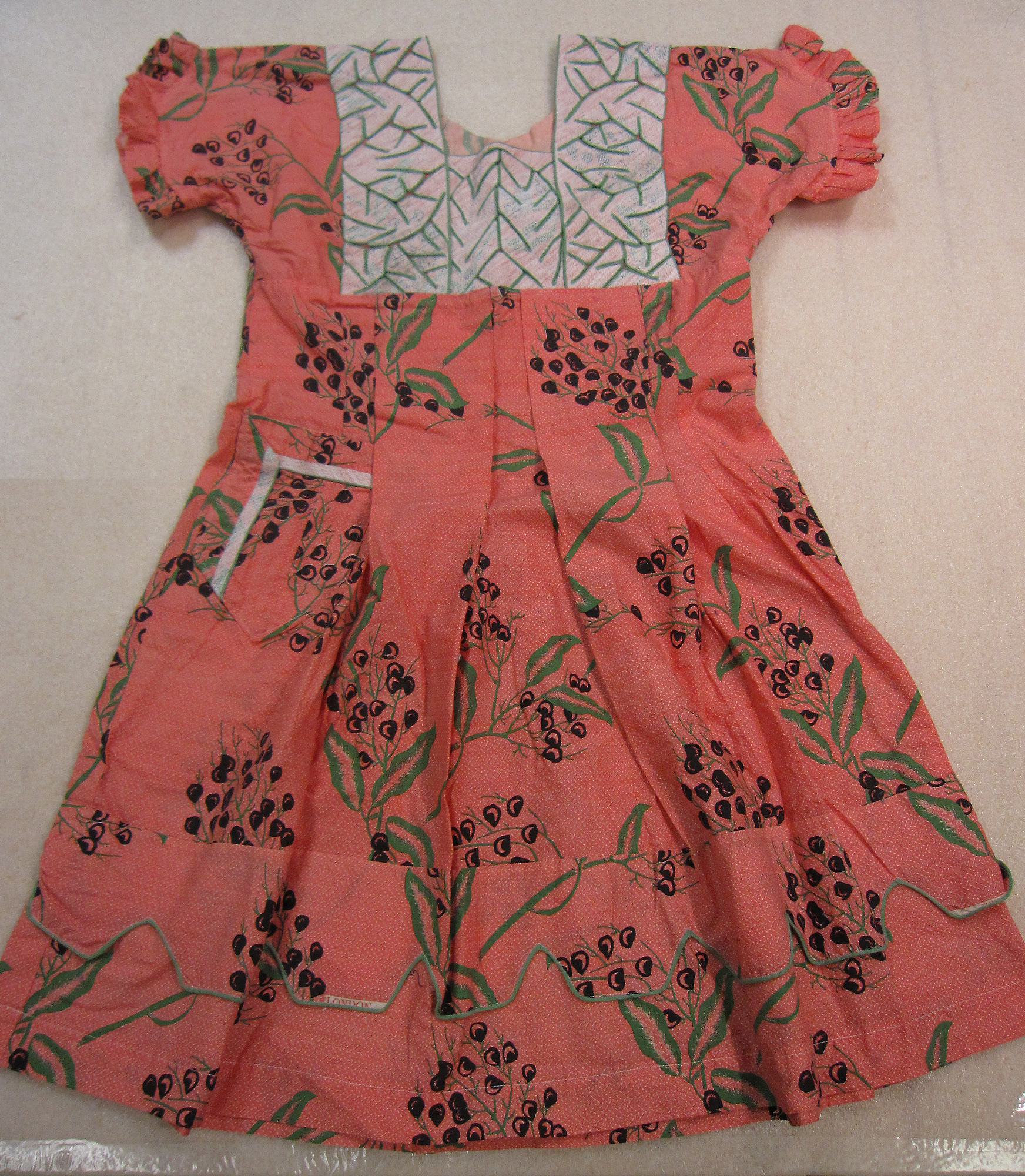
Official Attire
Burgundy Gold Print. For the women, material should be sewn in our traditional cabaslot print style and matching canvas shoes/slippers. For the men, print necktie or bow-tie with matching print breast-pocket hankie adorning a black suit.
The coordinated colored head tie or wrap, come in a checkered pattern.
100% Authentic
The coordinated shoes or slippers are known as carpet slippers which have a distinctive hand-embroidered pattern and are an integral part of the women’s traditional dress attire.

Stay in the loop…
We like to keep you informed about our activities and upcoming events.
subscribe to our newsletter.

